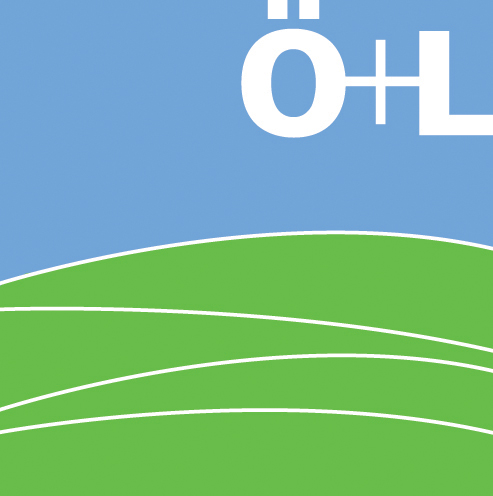Organic Farming for Landscape Quality in Hungary: A successful Pilot-Project in the Dörögd Basin
In 1992 in the Dörögd Basin, a long-lasting and successful pilot project emerged from a common vision of two Hungarian and two Swiss institutions (one of which was ELPR Ltd.) that aims to show how sustainable agriculture in harmony with extraordinary biodiversity and landscape values in Eastern Europe is possible.
The broad variety of project activities were based on a fundamentally participative approach. Each year one or two regional assemblies were organized where the farmers and other interest groups of the seven villages involved developed visions and decided on the realization of them. The whole process took part during the difficult transition from community agriculture to private landownership.
The Dörögd Basin is located north of Lake Balaton in western Hungary and encompasses nearly 10 000 hectares of cereal fields, pastures, meadows, vineyards, orchards and forests. The extensive, partly wooded, pastures belong to one of the biodiversity hotspots of Hungary, with an extraordinary number of rare and beautiful plant and animal species.
To bring the Swiss-Hungarian co-operation into a suitable form, a foundation (Pro Dörögd) was established that was supported by Swiss government (DEZA) and a high number of other sponsors from Switzerland and Hungary. The project was led by Andreas Bosshard (ELPR Ltd.) together with Susanna Zuest (Dörögd Foundation) and Agnes Herczeg (Pagony Ltd., Budapest).
Among the variety of activities the following were the most important:
- Establishment of an agricultural extension service focussed on organic farming (which did not exist in the basin before).
- Export of farming machines from Switzerland to the Dörögd Basin (total of 164 items like tractors, harvesters etc.)
- Establishment of organic herb production for export to a Swiss enterprise.
- Support program for the formerly extensive orchards (encompassing for example tree planting subsidies and the establishment of a tree nursery with regional fruit varieties).
- Support of local education facilities e.g. by the foundation of a school garden.
- One of the most successful activities was the Cultural Landscape Program. Each year a competition was launched, where the best ideas for the restoration of the cultural landscape were selected and awards given. Realisation of the project was supported or paid by foundation money, and in most cases a kind of festival was organized to demonstrate and communicate the perspectives of the restoration achieved.
In 2002 the Dörögd Foundation decided to end its activity in the form established and to transfer the initiative completely into the hands of people in the region.
A subsequent project with a similar approach in the Hortobagy region (NE-Hungary) has startet 2005. For Information please contact our office.
Publications
- Züst, S., A. Bosshard, A. Herczeg, P.L. Kukorelly, G. Szücs, J. Vàsàrhelyi, J. Videtic & B. Ware 2002: Bericht über die Tätigkeiten zum Aufbau biologischer Landwirtschaft und der Kulturlandschaft im Dörögd-Becken, Ungarn, 1992 bis 2002. Abschlussbericht der Stiftung pro Dörögd. Stiftung Pro Dörögd, Zürich.
- Bosshard, A., B. Freyer, J.Videtic & S. Züst, 1997: Pro Dörögd – eine Zukunft für fünf Dörfer. Ein ungarisch-schweizerisches Aufbauprojekt. Bioskop 3/97, S. 4-8.
- Zehnter H.-C. (ed.) 1997: Das Dörögd-Becken in Ungarn. Individualität einer Landschaft. Verlag am Goetheanum, ISBN 3-7235-0976-2.
- IUCN 1997: Our Heritage, the Natural Values of the Dörögd Basin. The World Conservation Union. ISBN 963 04 84870.
